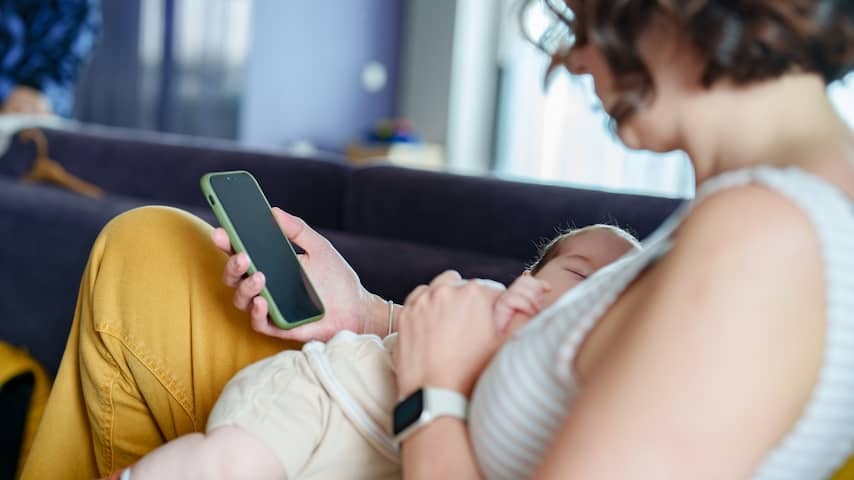
Most Parents Who Give Children Their First Smartphone Make Agreements About How To Use It. But Parents Themselves Often Struggle to Set A Good Example.
A Third of Dutch Parents Indicate that they Find it Difficult to Spend Less Time On Their Phone in Front of Their Children, in Order To Show How It Should Be Done. This is accordance to research by Highberg for network media literacy, for which 937 parents of children aged seven to twelve were surveyed.
In The Netherlands, Children Get Their First Phone at An Average Age Of Nine. Parents do this for safety reasons and to be reachable.
The Parents Who Say They Deliberately Wait Longer Give Their Children Their First Phone at An Average Age of 11.5. They postpone the moment because they are afraid of addiction and distraction.
Most Parents Make Agreements with Children About, For Example, Screen Time, To guide them in the Online World. They also warn against strange videos and try to watch along and have conversations about what children encounter online.
Responsibility of Government and Parents
The Government is Starting a Campaign This Week to Help Parents with the Digital Guidance of Their Children. “As a Government, and Especary as Parents, we have a responsibility to protect our children, without depriving them of all the fun and educational experiences that the online world sacrifices,” Says outgoing State Secretary Eddie by Marum (Digitalization).
The State Secretary Tells Nu.nl That It is a Learning Process for Both Parents and Children. “We don’t want to sit in the parents’ chairs, but we do want to make them more resilient,” he says. “Maybe they know what is happening online, but they don’t have a grip on it. Then we sacrifice them tools, Such as an confirmation card to start the conversation. If you start at a young age with explaining and discussing what happens online, you aso Benefit from this later this later this.”
‘Keep the threshold low for conversation with your child’
Experts agree with this. Researcher Ina Koning of the VU University Amsterdam also advises making Agreements about Screen Use at an Early Age. “Once Habitual Behavior Has Developed, It is Difficult to change it again and for parents to still have influence,” She says.
“But no age is too high for a good conversation, so don’t think you are too last if your child is already in Puberty. You can also awareness about the digital world later.”
Koning’s Colleague Hilde Brons Researches The Relationship between Child and Parent at VU. She advises that parents must create a safe environment so that children feel free to talk about everything. “A child May Sometimes Make A Mistake; Keep the Threshold Low to Talk About It.”
Accordance to bronze, it starts with showing interest. “Parents are often focused on the risks. For Example, They of Think That Games are a useless waste of time and don’t ask them. But having the conversation is Important, Otherwise Children Will Become Increasingly Closed Off.”